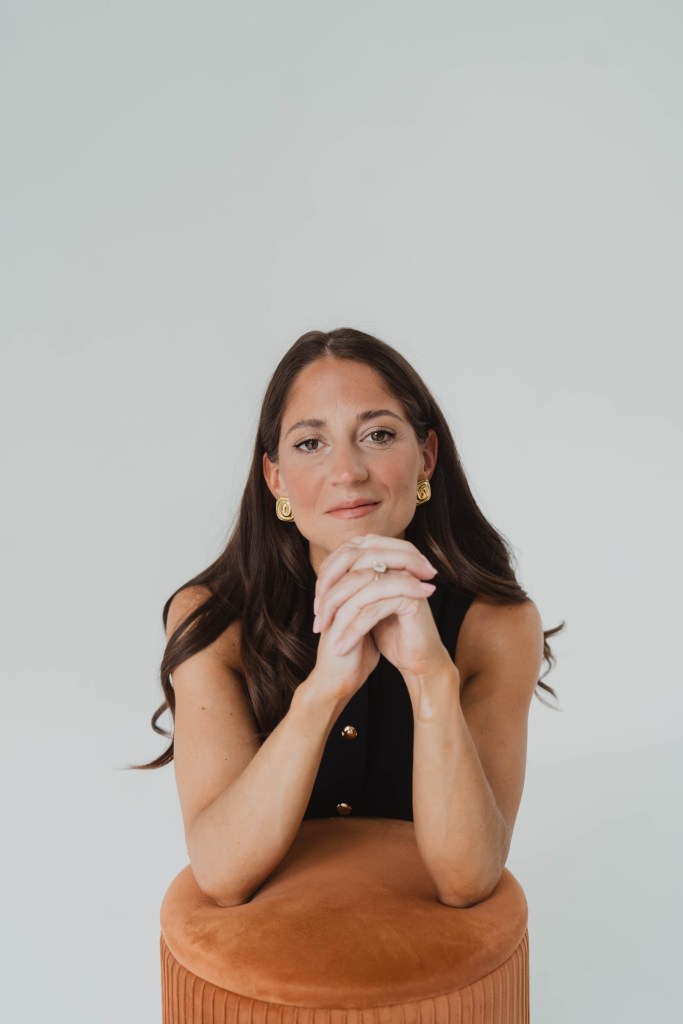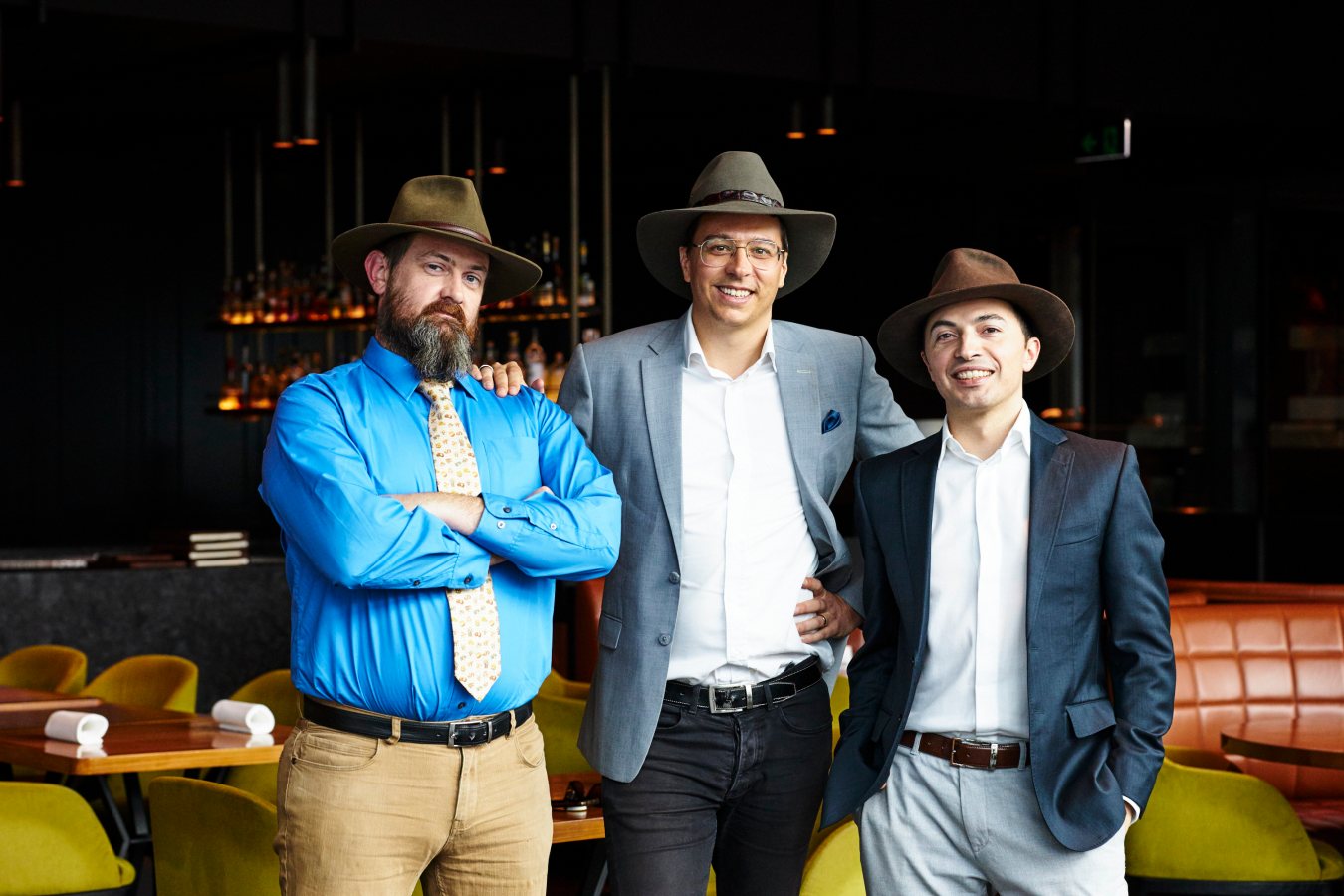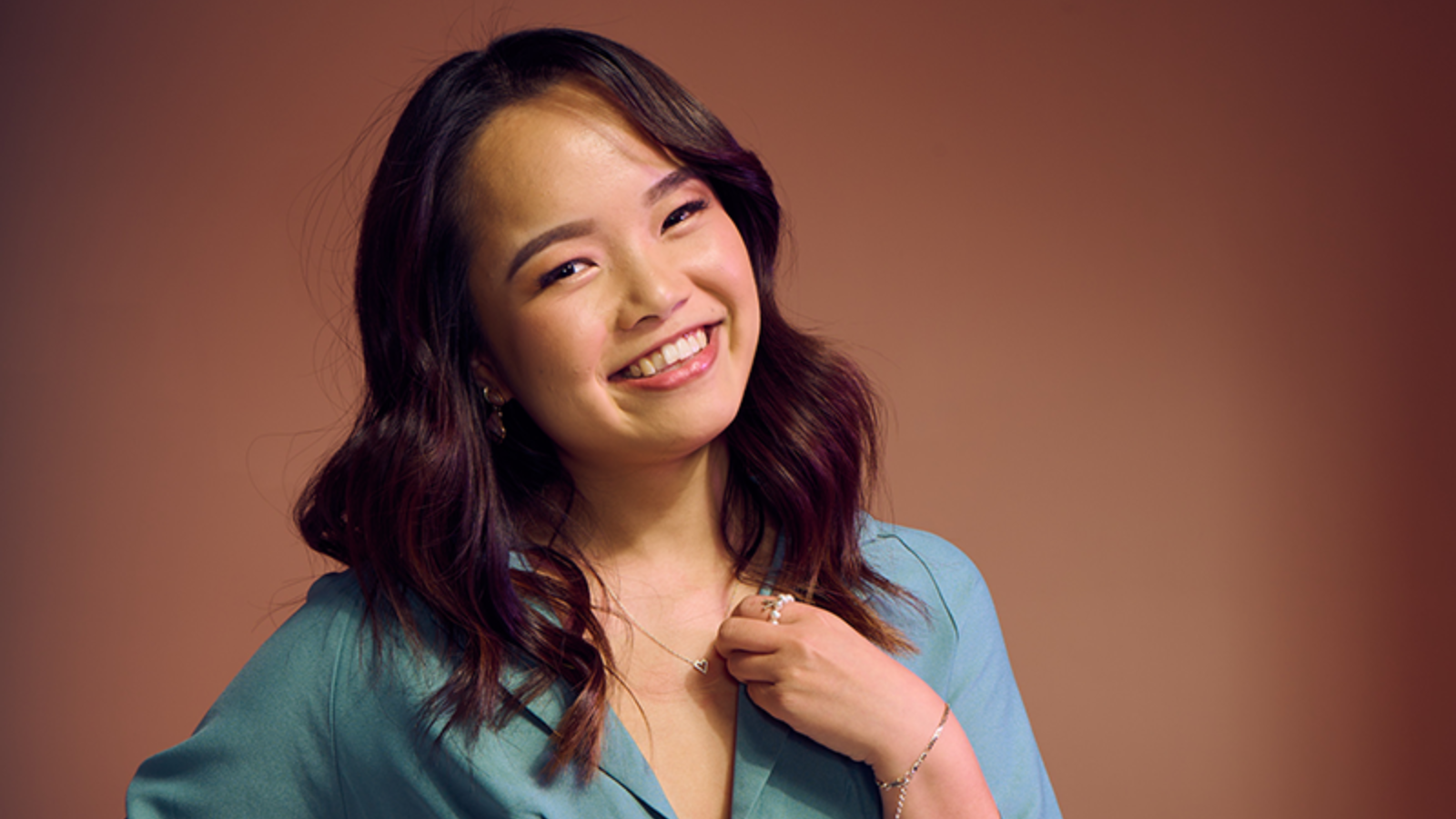The prolific online poster at Wischoff Ventures plans to write checks of $1 million or so into startups in areas like the “new supply chain” from her Nashville-based fund.
This story featured in Issue 13 of Forbes Australia. Tap here to secure your copy.

When shopping startup Checkmate went viral in December 2022, its little team was caught by surprise. Their app, which offers personalized deals to users, promised a cash-back bonus for referring new users; as it soared to the top slot in Apple’s App Store, bots swarmed the program, and Checkmate’s back-end software couldn’t keep up. Human shoppers who didn’t see their bonuses started filing thousands of customer support tickets to complain. One of Checkmate’s cofounders vomited from the stress. Another, CEO Rory Garton-Smith, started having panic attacks. Then, he called Nichole Wischoff.
The founder and sole general partner at Wischoff Ventures, Wischoff was a late addition to Checkmate’s cap table, a “wild card” who had shouldered her way into its $5 million seed round through her hustle and promise of operational help. Just three months later, she proved it. Her fortitude in the face of crisis and her advice — hire an operations expert and over-communicate with users – helped Checkmate weather the storm.
“She’s been handy for us in navigating so many situations like that,” said Garton-Smith, who asked Wischoff to join his board as an observer following the crisis. “She’s everything, she’s everywhere.”
Checkmate’s story is unusual for Wischoff only because it’s a consumer startup in a portfolio of mostly business-to-business companies. Otherwise, in the four years since she started investing, Wischoff is used to punching above her weight. Investing out of past $5 million and $20 million funds, she’s backed 40 companies to date. And on social media, she now counts nearly 90,000 followers on X and 40,000 on TikTok – the vast majority gained in recent years – who tune in for a mix of company-building and personal insights.
“People ask, how do you differentiate? I’m willing to take the most risk,” Wischoff said.
Wischoff is now building out a firm to do so institutionally, too. Wischoff Ventures has raised $50 million for its third fund, the investor exclusively told Forbes – tripling its assets under management after previous fund sizes of $5 million and $20 million to date. The fund will look to invest $800,000 to $1.6 million in 30-plus startups seeking ownership of between about 7% and 10%.
A generalist fund, Wischoff said her firm will continue to focus on mostly enterprise companies, particularly in fintech, logistics and manufacturing. She’s also hired a senior associate, Neal Mintz, to join the firm’s budding investment team.
“A big focus for me is trying to bring the physical world online,” said Wischoff, calling her focus ‘the new supply chain.’ “We want to create chemistry in the portfolio so these companies can be each other’s customers.”
Wischoff’s focus areas – and success so far – are no surprise to her supporters, a combination of overcoming a difficult personal background and leveraging her own experience across multiple startup roles. The fifth of seven siblings, Wischoff grew up in financial insecurity in central New York. In and out of public housing and without consistent access to food and clean clothes, Wischoff was a poor student, she said, until she spent a year in Belgium with a host family that encouraged her to study and join her host mother in distance running. Back home for a fifth year of high school, she impressed the cross-country coach at nearby SUNY New Paltz, who threw her a lifeline to compete for his college.
That running connection helped later, when after stints working as a home tile salesperson in Long Island and as a staffer for the nonprofit behind the New York City marathon, a teammate’s spouse connected her to the community banking team at Citi, which hired her and moved her to San Francisco. There, she promptly caught the startup bug, joining mortgage software startup Blend to work closely under its CEO on special projects. “It was like how people talk about the early Uber years,” Wischoff said. “I would do anything for that company, I treated it like it was mine.”
Blend would go public via SPAC in 2021 at a $4 billion valuation (it trades around $900 million today). But Wischoff was long gone, bored by the “stuffy culture” of a scaled-up business and having joined neobank One in 2019. There she served as a vice president of strategy and partnerships for a year-plus before departing for another startup that brought her to Nashville, Built Technologies, the following year. (Wischoff received her first major startup windfall in 2022 when One was acquired by a Walmart-backed entity, Hazel, in 2022, and combined with a third startup.)
After writing personal checks into several fellow Blend alumni-led startups in 2020, a venture capitalist told Wischoff she should consider raising a small fund of her own. Under the mentorship of Midas List investor Lee Fixel and others, she sought $1 million and quickly raised $5 million to invest part-time. “In a room of 20 founders and VCs, she would totally own the room,” said Midas Seed investor Chad Byers, who alongside brother Blake wrote Wischoff an anchor $1 million check. “It was like the saying: you can agree or disagree, but you can’t ignore her.”
Wischoff made 26 investments from that first fund, with an average check size of $150,000 and 16 markups, good for a gross internal rate of return so far of about 20%. She raised her larger, second fund in 2022 after leaving Bilt to invest full-time; that fund backed 15 companies at an average $650,000 check size, for an IRR so far of 26%. (In unusual transparency, Wischoff has shared many details around her performance to date publicly on social media; for this story, she sent Forbes her investor presentation deck.)
Emerging manager backers such as Cendana Capital and Screendoor remain supporters; joining them in Wischoff’s third fund is the foundation for Children’s Health, the Dallas-based pediatric healthcare system. There, Wischoff impressed the investment team by flying in to present in person with her young son in July, just four weeks after giving birth. “She has a really tenacious personality that she has parlayed into investing,” said Yangge Seaman, head of private investments at Children’s Health, who added she was impressed by Wischoff’s pristine founder reference calls and focus areas tied closely to her past startup experience. “There’s a lot of strategic coherence. It’s not random that she picked those areas,” Seaman added.

Wischoff’s online presence also helped. A consistent poster on X and TikTok, she’s also gone unexpectedly viral in recent years — including when she posted about closing an investment with a founder while on her honeymoon (she was bored on a cathedral tour). Last year, when Midas List investor Keith Rabois dismissed her critique of the Miami startup ecosystem as that of a “third tier VC,” the immediate blowback turned the would-be insult into an internet meme.
Wischoff turned the potentially ugly situation into a marketing boost, printing “third tier VC” merchandise for supporters of her firm. “At first I was embarrassed by it, then I realized people love it because they root for an underdog,” she said. “But he doesn’t get any credit for helping to build me or my brand.”
Investors at multi-stage firms might be able to rely on market maps or longtime networks for inbound opportunities, Wischoff said; at the earliest stages, when founders have not always left their previous jobs or announced any plans, it’s important to be publicly visible, she argued: “Founders love the relatability of the scrappiness and the hustle… if people don’t know who you are, then you are fucked,” Wischoff said.
Freightmate AI founder Bryan Lacaillade was still working in product management at logistics unicorn Flexport when he received a LinkedIn message from Wischoff asking if he’d ever considered starting a company. Lacaillade and a prospective cofounder met with Wischoff to run through some potential ideas before ultimately settling upon the one she’d liked the most, building AI and automation software for freight forwarders to manage their operations. When they updated Wischoff, she committed to investing on the spot. As they’ve built out their first product, freightmate AI’s most helpful customer feedback sessions have often come through Wischoff, Lacaillade said.
As Wischoff grows her firm, she plans to hire more staff, including another investor to join Mintz; she’s opening a New York office and plans to split her time there to be closer to more startups, she added. For now, Wischoff plans to remain a rare solo woman general partner, however; she said she embraces her role as a positive example, despite historically not wanting to be defined by her gender or underrepresented status. During her recent fundraise, Wischoff didn’t tell prospective investors about her pregnancy until a week before she gave birth, and then only to those that needed to reschedule their meetings.
Since announcing the birth of her son in July, Wischoff said she realized that, as with the rest of her life, talking about it has proven a strength. Limited partners are parents, too; so are prospective founders, who send her an average of more than a dozen pitch decks daily.
Wischoff’s off-the-cuff takes can cause a stir even when they aren’t as relatable. On the Sunday of Labor Day weekend, Wischoff posted to X that she recommended drinking a Red Bull Energy Drink before a massage, to create a “90 minute mental prison” for better creative thinking. “Works every time,” she claimed.
The tongue-in-cheek advice incited a wave of responses from Wischoff’s followers and peers, earning her another 250,000 views. “Blocked and reported,” billionaire Marc Andreessen replied in mock horror, amplifying her words to his 1.4 million followers. Her backer Byers marveled at Wischoff’s unrepentant intensity. “Psychopathic behavior, but kind of perfect for her as a human,” he said. “There is a real authenticity to her hustle.”
Look back on the week that was with hand-picked articles from Australia and around the world. Sign up to the Forbes Australia newsletter here or become a member here.



